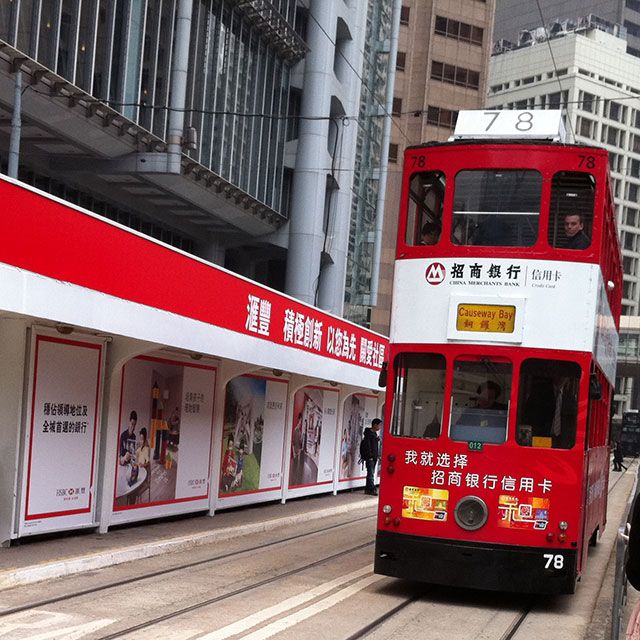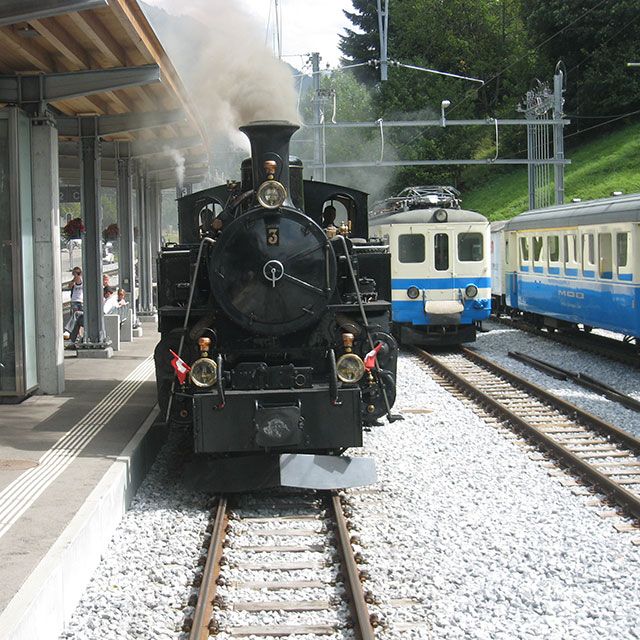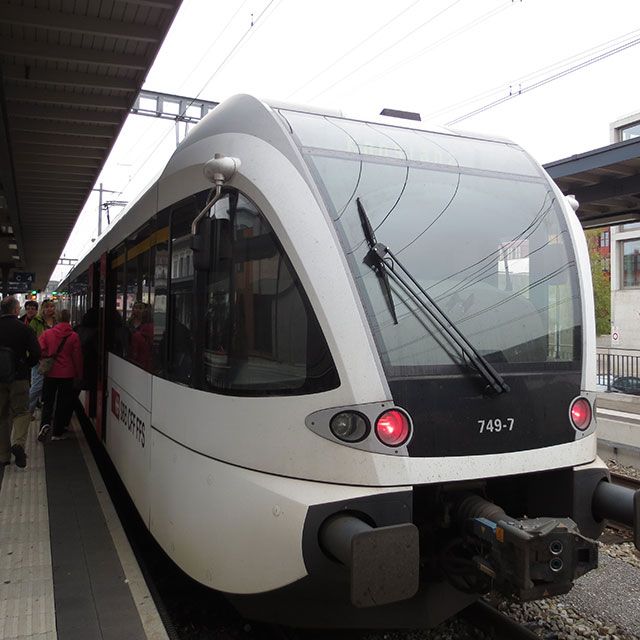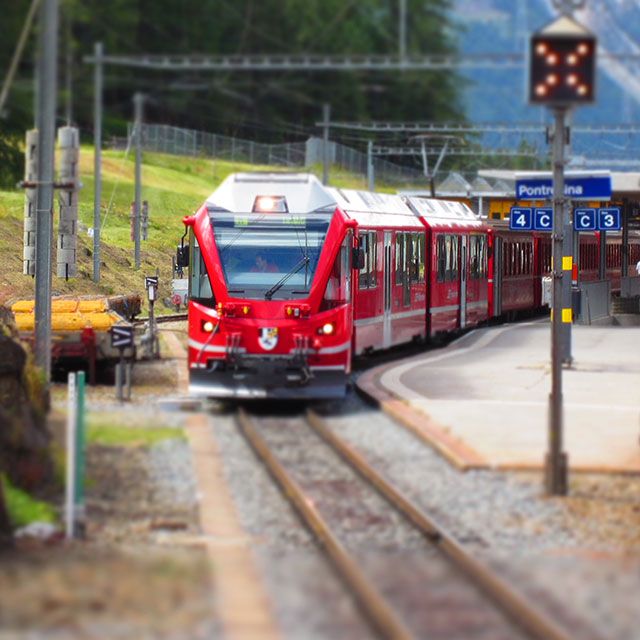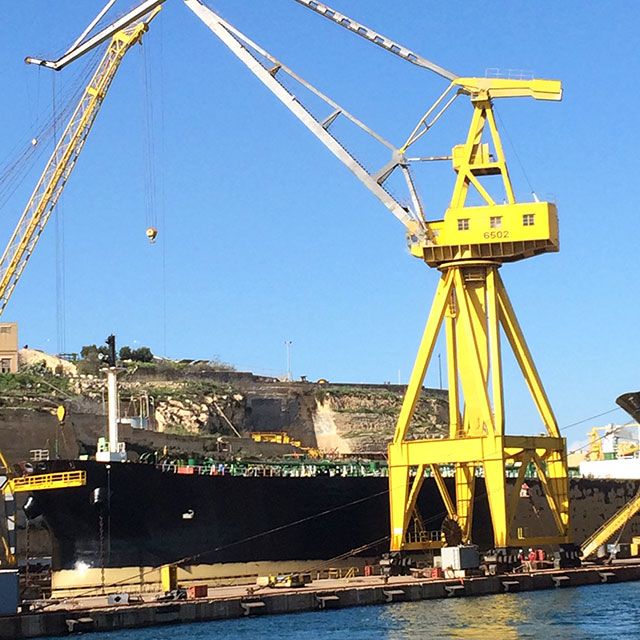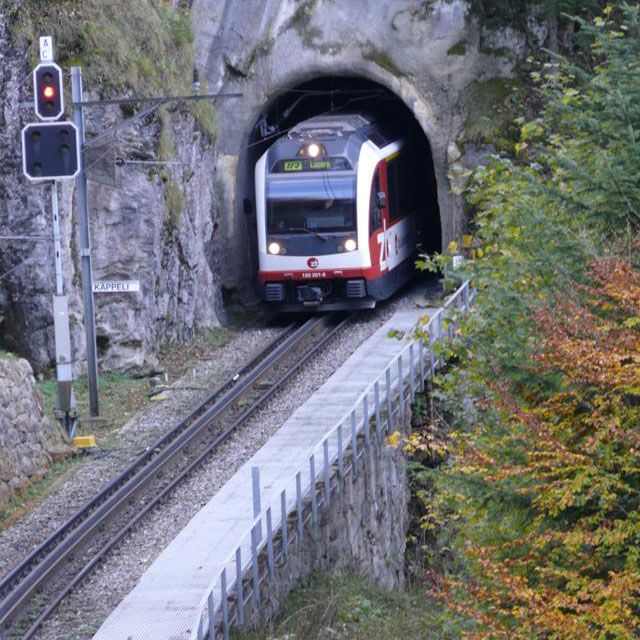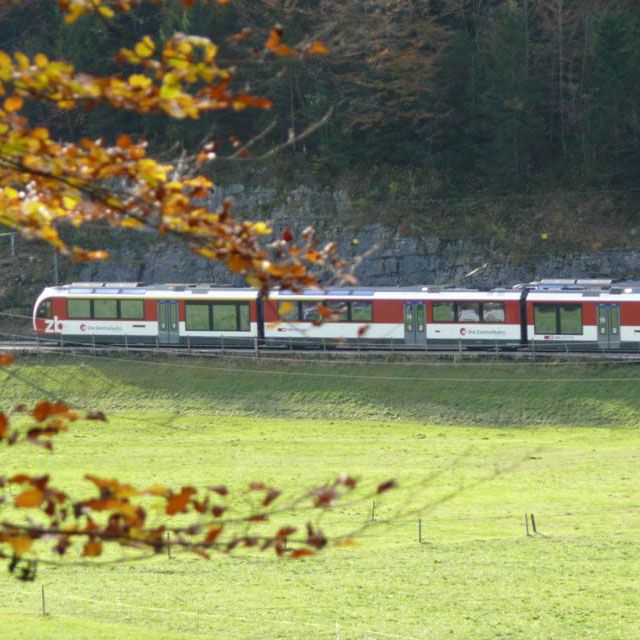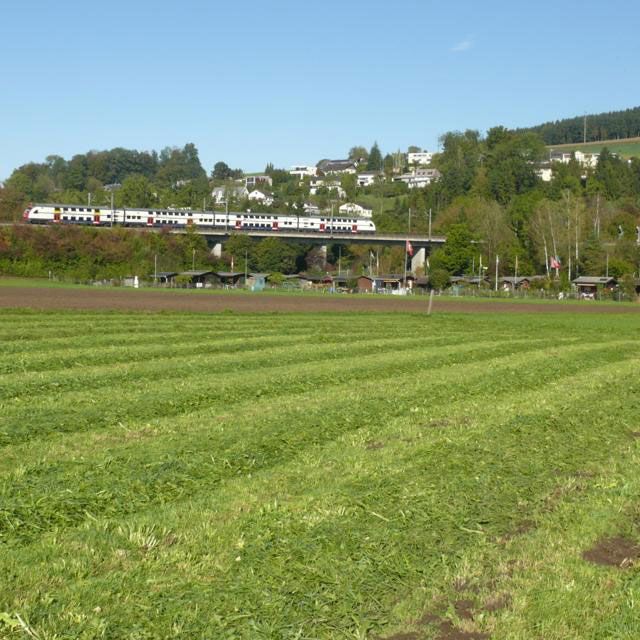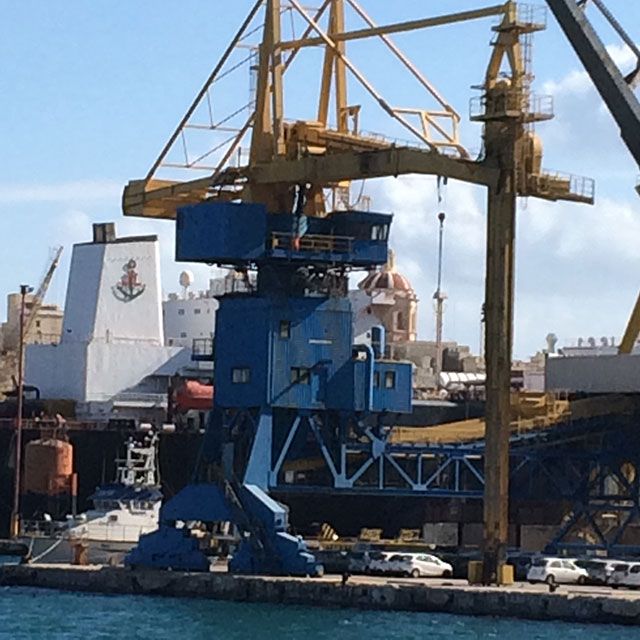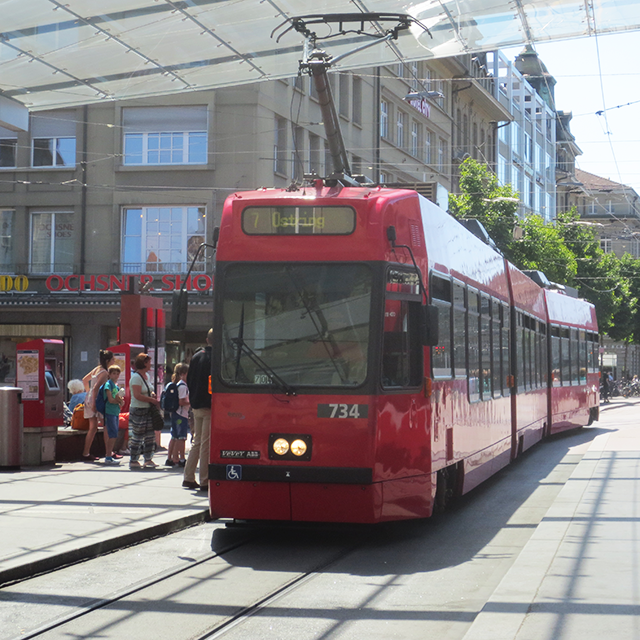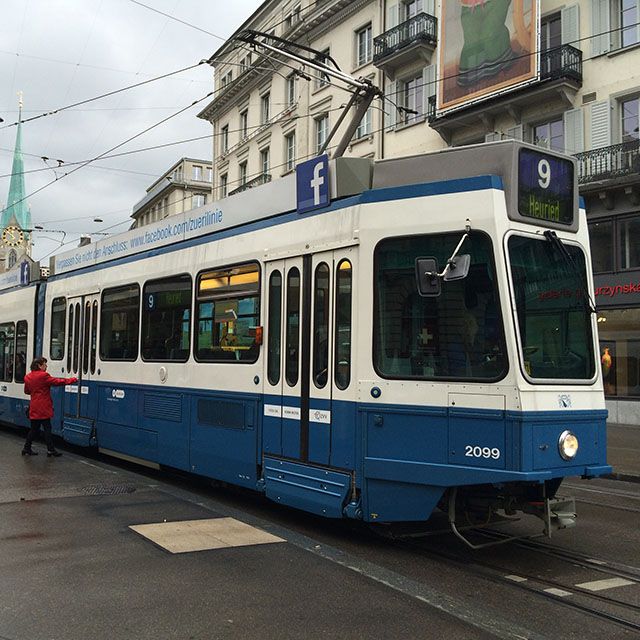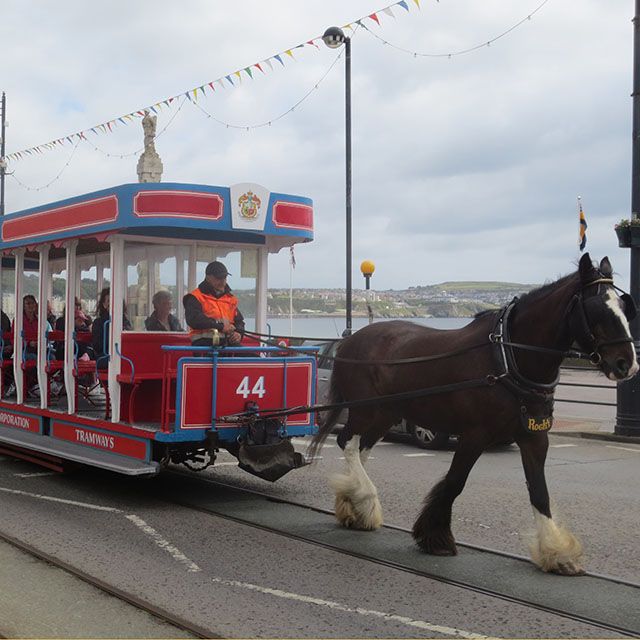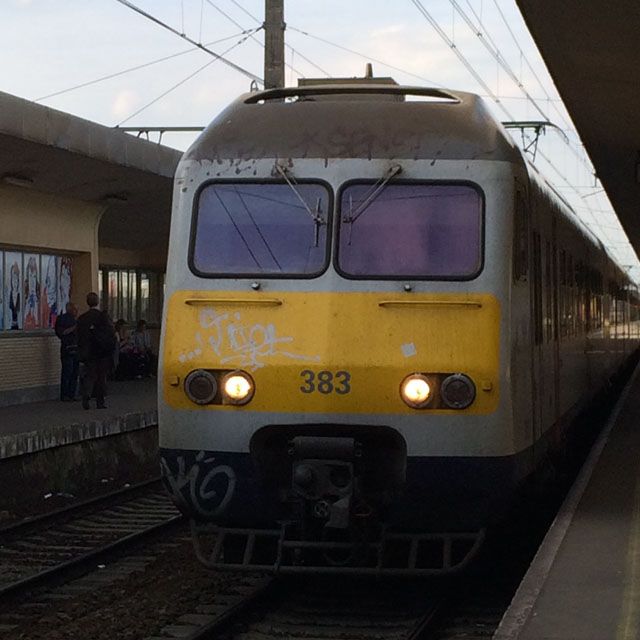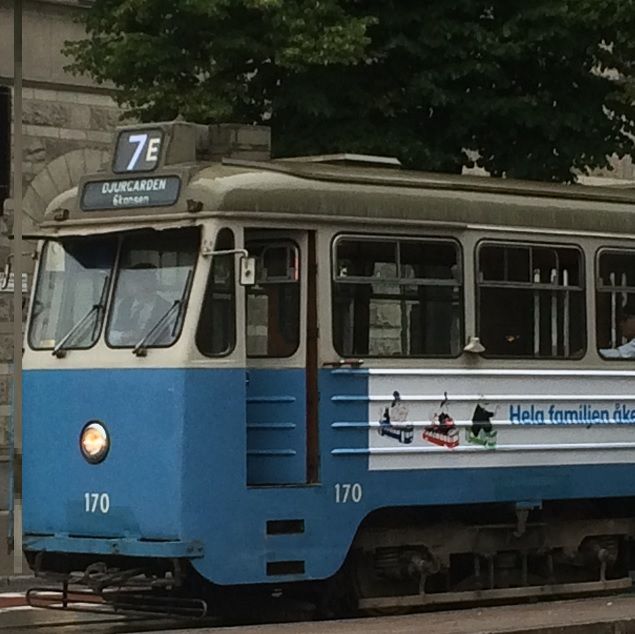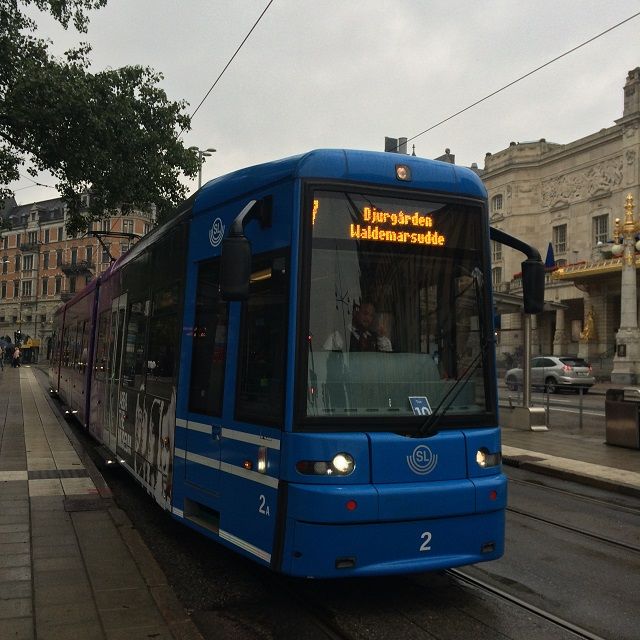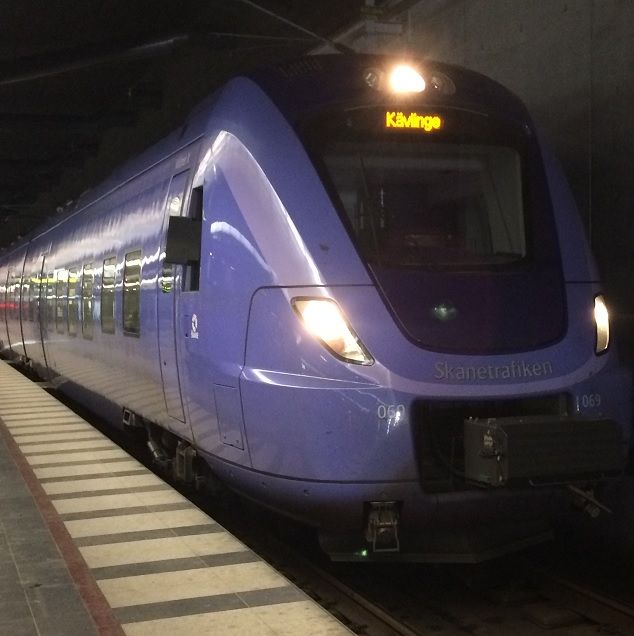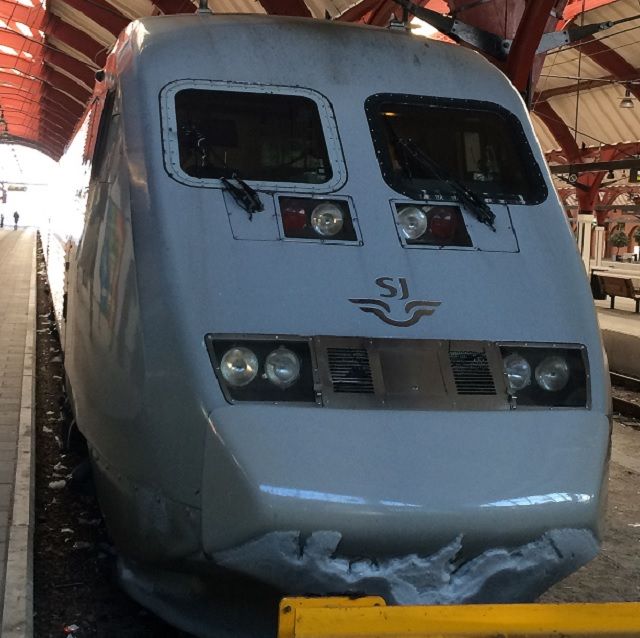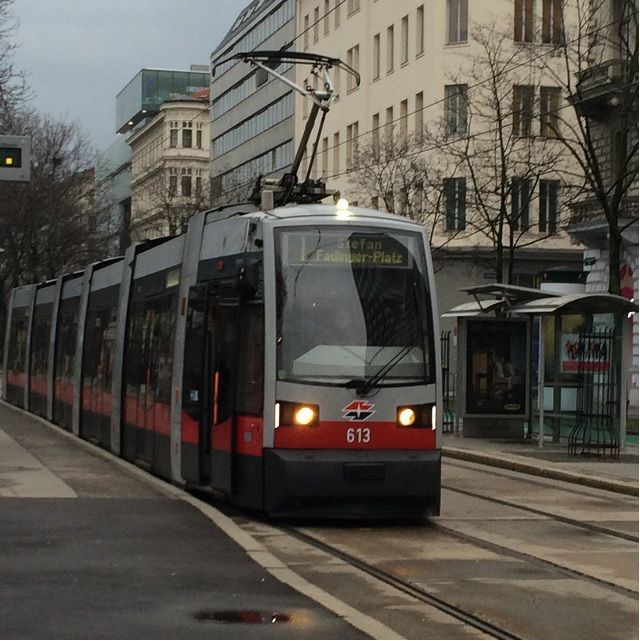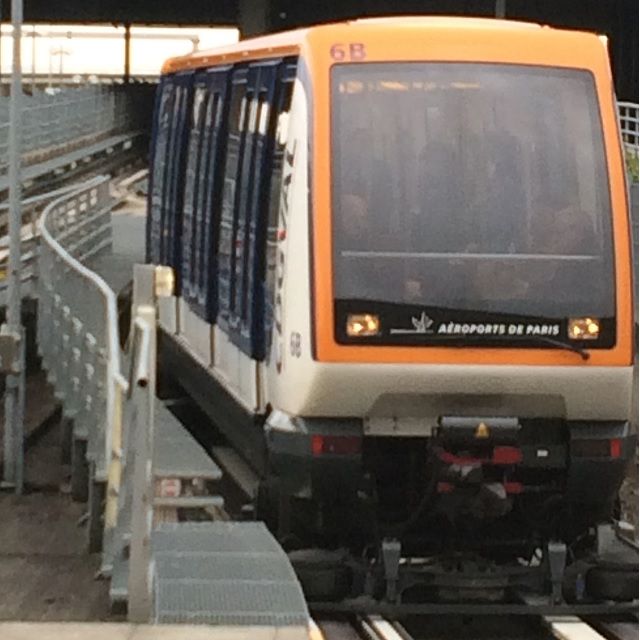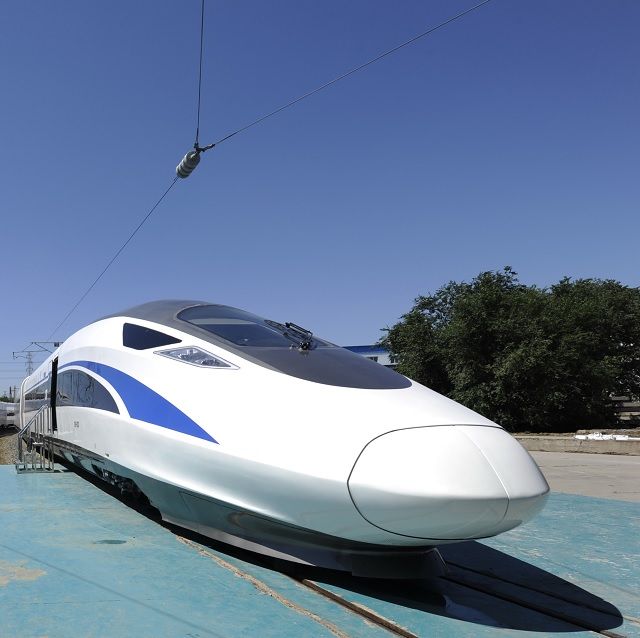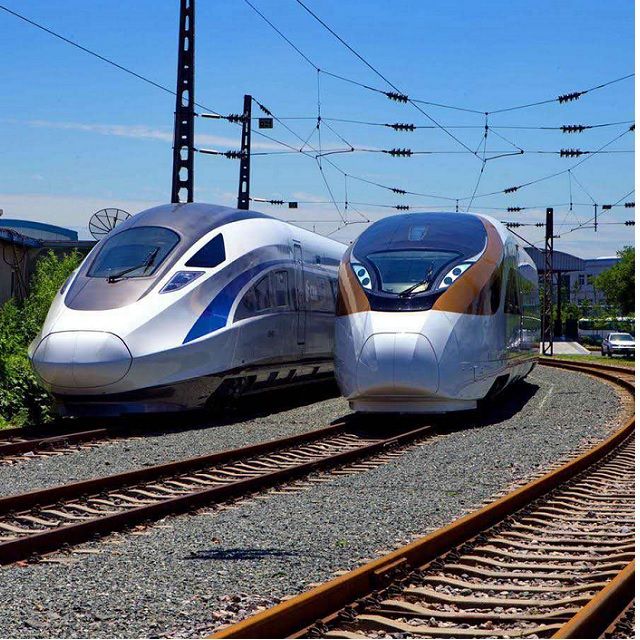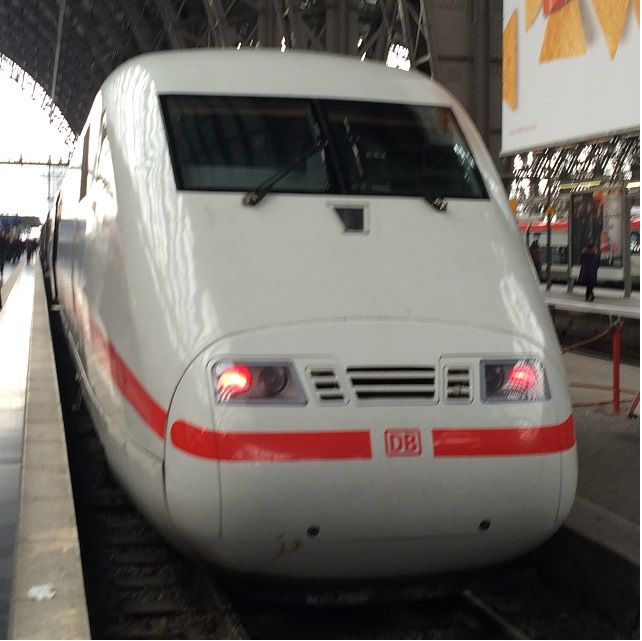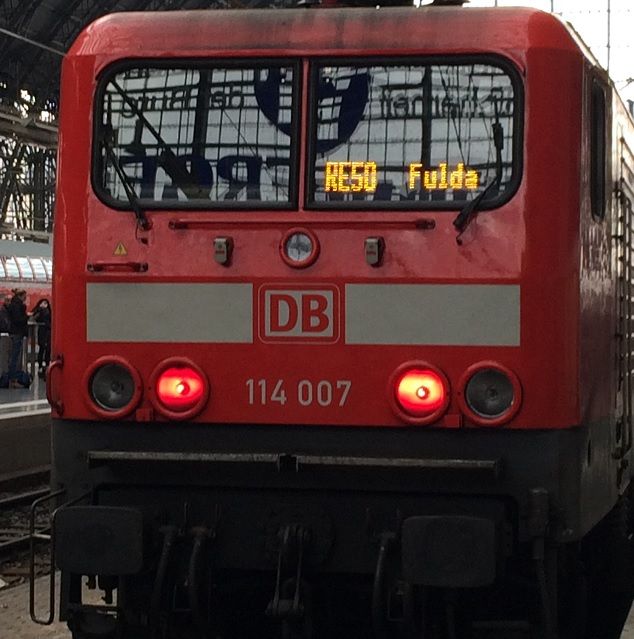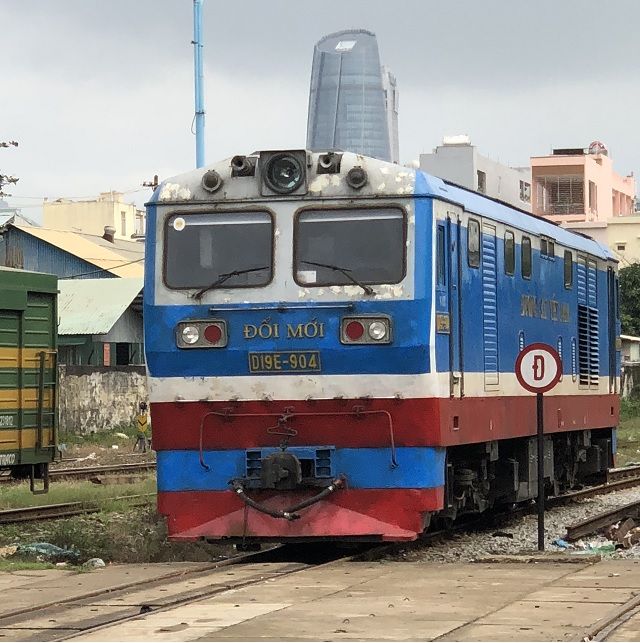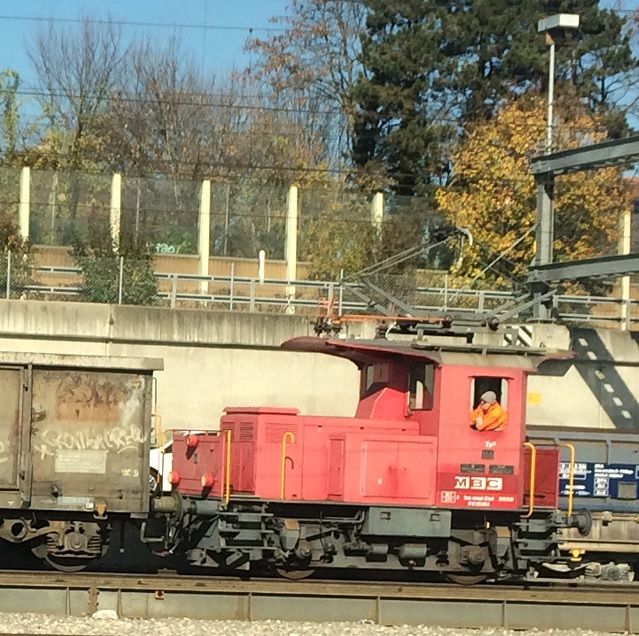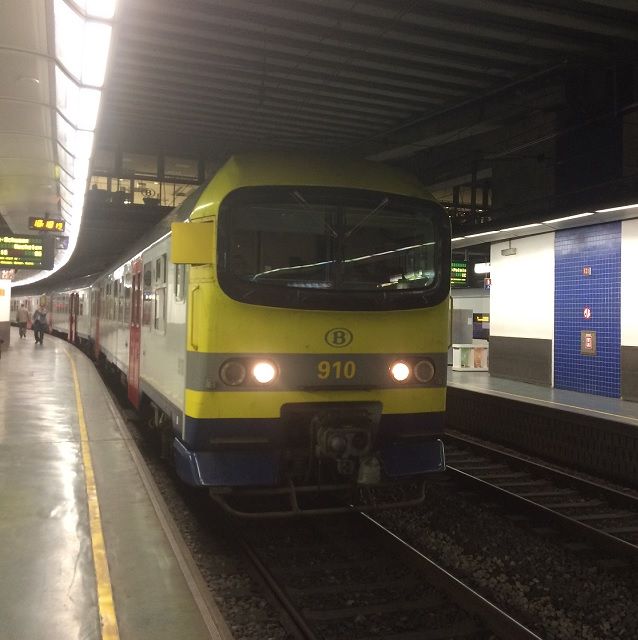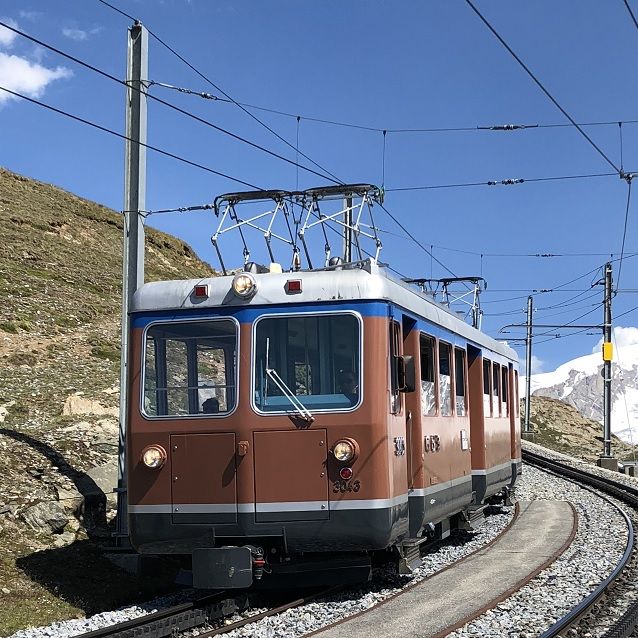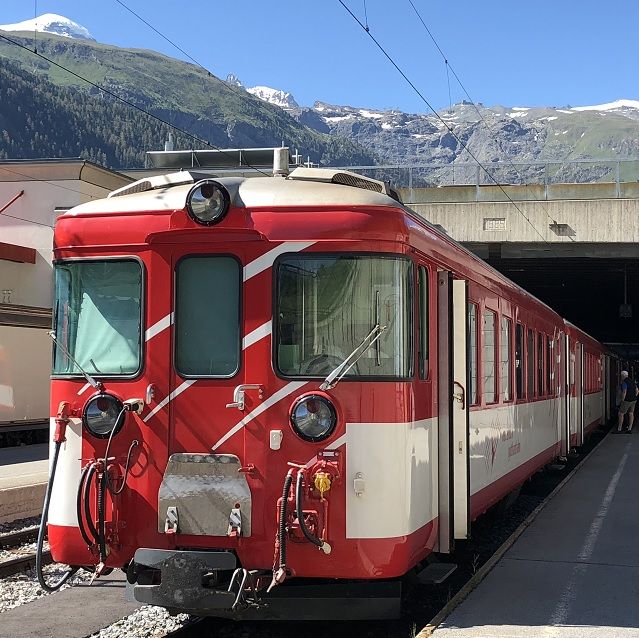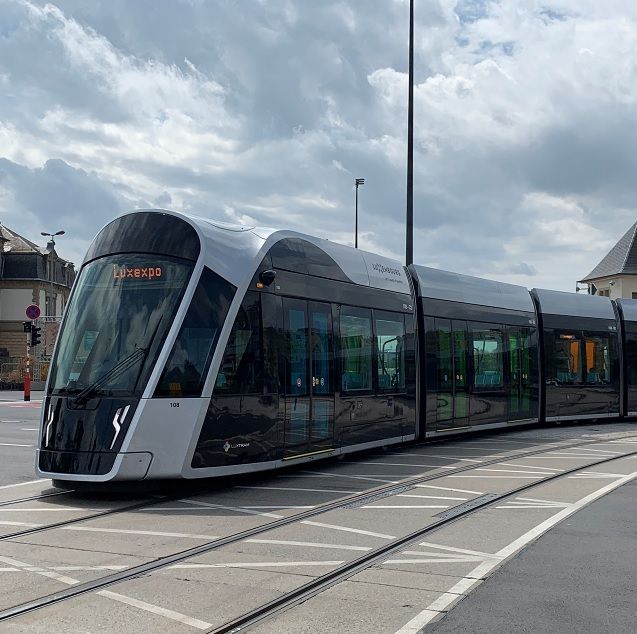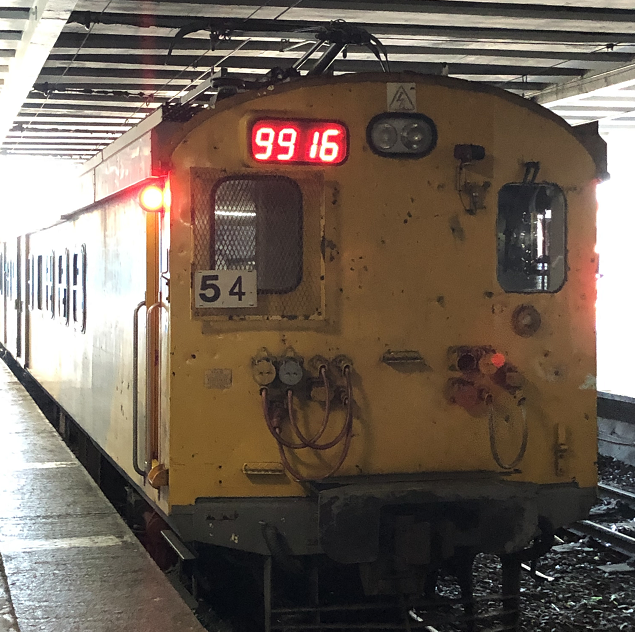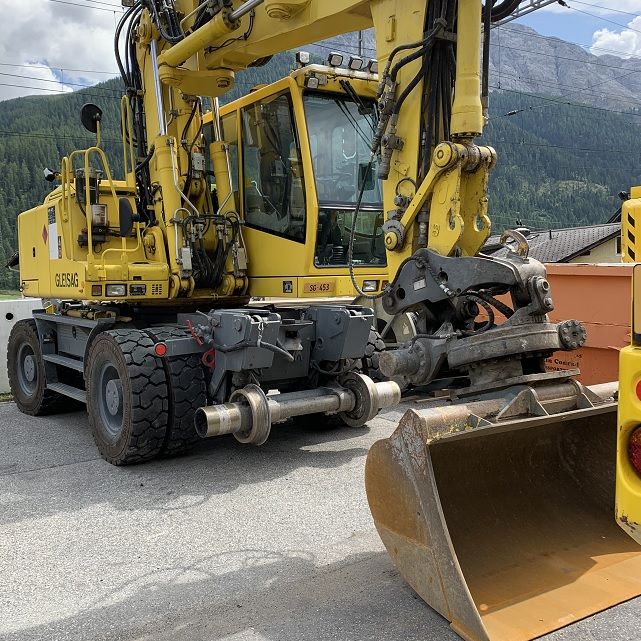Stadler joins the Rail Working Group
Stadler joins the Rail Working Group
Stadler has now become a member of the Rail Working Group (RWG). Founded by Ernst Stadler in Zurich in 1942, Stadler is now a leading global provider of mobility solutions in rail vehicle construction, service and signalling, headquartered in Bussnang, Switzerland. With six production and component plants, five engineering locations and over 80 service locations, the company supplies rolling stock to customers all over the world.
“We are delighted to welcome Stadler into our unique group of rail stakeholders at a critical time when the Luxembourg Rail Protocol is about to enter into force,” said RWG Chairman Howard Rosen. “The company has an unparalleled reputation for innovation and excellence in train manufacturing using state-of-the-art technologies, and we look forward to working with them to make the most of the Luxembourg Protocol.”
“However good our products are, our customers often need finance at sustainable rates before we can make the sale,” said Dr Ansgar Brockmeyer, Executive Vice President Sales & Marketing and Deputy CEO at Stadler. “We recognise that the Luxembourg Rail Protocol, entering into force in the next few days, will make it easier and cheaper for the private sector to provide finance, and we are pleased to support the Rail Working Group in its efforts to motivate governments to adopt the Protocol at the earliest opportunity. The Protocol is good news for us as a leading manufacturer of rolling stock, and good news for the rail industry.”
For the complete report click here.
NOTES FOR EDITORS
The Luxembourg Rail Protocol to the Cape Town Convention on International Interests in Mobile Equipment is a new global treaty under the auspices of UNIDROIT, the International Institute for the Unification of Private Law. The Protocol will make it much easier and cheaper for the private sector to finance all types of railway rolling stock. It sets up a new system for recognition, priorities and enforcement of creditor and lessor rights, which will be registered in an international registry based in Luxembourg, accessible to everyone over the internet 24/7 and introduces, for the first time a new global unique permanent identification system for rolling stock. The Protocol will enter into force in contracting states on 8th March 2024.
The European Union (in respect of its competences). Luxembourg, Sweden, Spain and Gabon have ratified the Protocol and South Africa and Paraguay are about to ratify. France, Germany, Switzerland, Mozambique, Italy, and the UK have already signed the Protocol and many other states, including Kenya, China, Malta, Eswatini, Namibia, Senegal, Ethiopia, Finland, Ukraine and Mauritius, are looking at adoption of the Protocol. The Protocol is endorsed by many international rail organisations (including OTIF, CIT, UIC, UIP, ERFA, ALLRAIL, UITP, CER and Eurofima) and actively supported by the African Union, the UN Economic Commission for Africa and the UN Economic Commission for Europe.
The Rail Working Group is a Swiss-based not-for-profit association focused on the adoption and implementation of the Luxembourg Rail Protocol. It has about 80 direct members and hundreds of additional rail stakeholders represented indirectly by various industry organisations that belong to, and support, the objectives of the RWG.
For more on the Luxembourg Rail Protocol and the Rail Working Group see www.railworkinggroup.org.
Further information from the Rail Working Group:
Tel. +41 41 760 28 88
Email: info@railworkinggroup.org
Twitter: https://twitter.com/RailWorkingGrp
LinkedIn: https://www.linkedin.com/company/rail-working-groupp/?viewAsMember=true
EU Contact: Matteo Albania
ENDS



